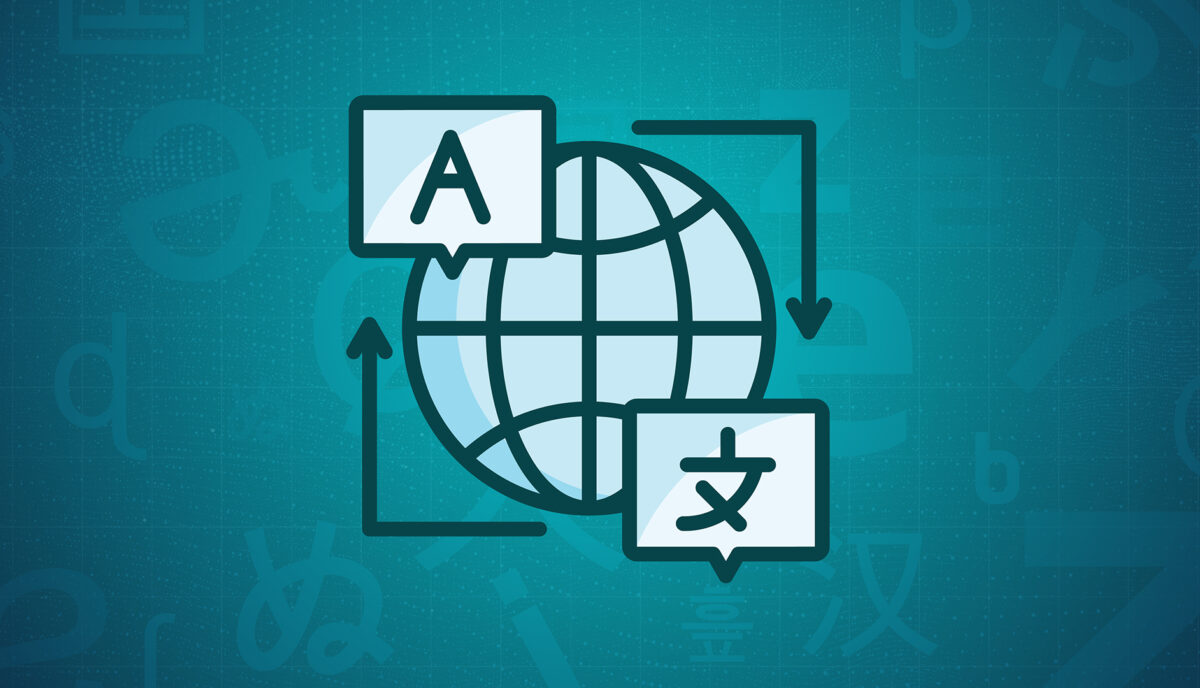Agency vs. In-House Development: Which Is Right For You?
Ever get a proposal back from an agency and think, “It would be cheaper and easier to do this ourselves?”
Here at Oomph, we’ve been getting the agency vs. in-house question for years. And we totally understand why. How appealing is it to get the full-time eyes and expertise of an employee, rather than paying a similar price for what can feel like less time from an agency?
You’re not the only one thinking it. With resources and budgets tightening across industries, many companies are asking themselves how to balance price, speed, and quality in their digital work – and if agencies are the answer. In fact, a recent marketing relationship survey found that 22% of brands are actively bringing their marketing in-house, a 5% increase from the previous year.
But before you follow the trend, consider all your options. The truth is that there are times when it makes sense to hire in-house. Yet there are also plenty of situations where an agency partner can produce better work at a lower cost.
Here’s what you need to know about agency vs. in-house to decide for yourself.
The Pros of Hiring In-House
For brands that need easy access to a steady resource for ongoing work, an in-house hire might be the right fit. Bringing on a staff developer can offer benefits like:
Quicker collaboration
Full-time employees (FTE) are just down the hall or, at the very least, on the same Slack channels as you. That means you can drop a file to them to get quick edits on a new landing page, or break out the whiteboard spontaneously to brainstorm some ideas for future app features. This convenience can help facilitate more off-the-cuff creativity. It also sidesteps a lot of the red tape it takes to get websites approved and live.
Knowledge of the brand and business
Your FTE has a singular focus: you. It’s their job to know the ins and outs of your organization, and they won’t have to split their time with another brand’s work. Since your FTE will already be tapped into what works for your brand, you won’t have to spend so much time overseeing their work. What’s more, FTEs can draw from their depth of knowledge to deliver digital experiences that are truly unique to you.
Strategic alignment
A lack of strategic approach is one of the top three reasons why clients end relationships with their agencies. While agencies are packed with strategy and creative experts, that expertise is far-reaching and may extend to industries or platforms that aren’t relevant to your business. When you hire in-house, you can get laser-focused on finding a candidate with the work experiences and technical skills to align with your broader vision.
The Advantages of an Agency
At their best, agencies act as an extension of your team. What’s theirs becomes yours, meaning you’ll have access to a broad range of talent, skill sets, and resources. Your agency relationship can open doors to:
Multidisciplinary expertise
It’s reasonable to expect your full-time developer to be an expert in coding sites and apps. But what about SEO? Content marketing? UX/UI? Data and analytics? Copywriting?
Large websites, platforms, and applications call for all of these specialized skills – and so many more. That’s a lot of seats to fill and a pretty hefty budget to make the case for. If you hired and managed all of those individuals, you’d spend all your time trying to keep them busy.
With an agency, you get access to all of that expertise on an as-needed or contract basis and someone to manage them for you.
Cutting-edge capabilities
Technology evolves at a breakneck speed. Since internal teams typically just touch their own platforms and technologies, they often have less exposure to new tools and processes than agencies. For most agencies, learning is baked into the culture through dedicated professional development and skills learned through serving a broader range of clients.
Here at Oomph, we know part of our value is advising on the emerging technologies that might benefit your business. That’s why we create intentional spaces, like our monthly engineering guild, for our teams to explore and discuss new tools. The knowledge-sharing that agencies like ours engage in trickles down not only to their conversations with you, but into the projects and products they deliver.
Continuity
Imagine you’re in the middle of building a new digital platform. What if your sole developer leaves, as so many employees do?
On average, companies lose 18% of their workforce every year to turnover, 12% of which is voluntary. While this rate varies from industry to industry, it’s still likely that you’ll one day lose team members to the draw of higher salaries and better benefits. Agencies offer a level of consistency that FTEs just don’t, backfilling any departures to keep your initiatives humming along.
Agency vs. In-House: Which Is More Cost Effective?
While it’s true that you’ll likely pay more for an hour of your agency’s time than an hour of your FTE’s, that doesn’t tell the whole story. Agencies are often a more cost-effective option because:
Full-time salaries are on the rise
According to a 2021 US News Report, software developers made a median salary of $120,730. Have sticker shock yet? Keep in mind, that doesn’t even include the additional costs of employment like benefits, PTO, and hardware and software.
Agency time is more efficient
Efficiency is a priority for any agency. They’re typically paid for the number of hours it takes to do a project – no more, no less – so they’re incentivized to make every minute count.
A FTE may not be so enterprising with your time. Not to mention that with FTEs, you also pay for:
- Time to onboard/ramp up
- Time spent on professional development, internal meetings, and other activities outside of their core work
- Time spent by managers/others to manage the employee, which is generally a higher time investment than managing your agency
The relationship can scale up or down
Imagine you’re launching a new website. To get it across the finish line, you need a wide variety of team members and a huge chunk of hours. But what happens after that website goes live?
With an agency, you can easily scale your engagement up or down to account for the ebbs and flows of digital projects. For example, you might hire an agency to provide a basic retainer package for post-launch site maintenance, and then add new features as you need them via specific scopes of work. In many cases, the cost of an agency support package could be as much as half the cost of hiring just one person full-time.
When To Hire an Agency
We have to say it: There are some situations where only an agency will do.
Now, we aren’t saying that agency has to be Oomph (although we’re always here to help if you need us). But we are saying that agencies may be the best fit if:
- Development isn’t a core capability of your business: Businesses that lack a deep knowledge of web development may struggle to effectively manage an in-house developer, or even worse, end up with technical debt they’re unaware of.
- You have a specific project to complete: Big projects are a great reason to work with an agency because you can essentially expand your team for a limited time, then scale back once the project wraps up.
- Your needs fluctuate or your team is maxed: Some months, you’ll have a surplus of development projects and your team will feel up to their eyeballs in to-dos. Other months, those projects slow down. A support package with an agency can flex along with your business’s needs, giving you the option to add more hours during busy times. While leveraging freelancers may sound appealing here, the constant ramp-up periods and lack of institutional knowledge that comes along with using contractors can actually slow work down. Agencies bring a blend of outsider perspective with flexible, ongoing partnership.
- Your needs are multidisciplinary: It rarely makes sense to hire a 10-person team for a specific project. But your agency can offer all the skills you need (and probably even more that you aren’t utilizing yet) without the hassle of managing an entire team or even overseeing multiple freelancers.
The Agency vs. In-House Bottom Line
Here’s the real tea: When it comes time to decide to “build vs. buy,” so to speak, there is no one right answer. There are pros and cons to each approach, and it really does depend on how your team is built now and where you need it to go.
Both approaches can work. And while we’d love for you to partner with Oomph, we also know that the most fruitful agency-client relationships are those where the agency’s capabilities merge seamlessly with the client’s needs. For that reason, we also believe in the best of both worlds – putting our full weight behind projects, but knowing when it’s time to play a supporting role to the FTE main characters.
Need help deciding? Let’s talk about it.



